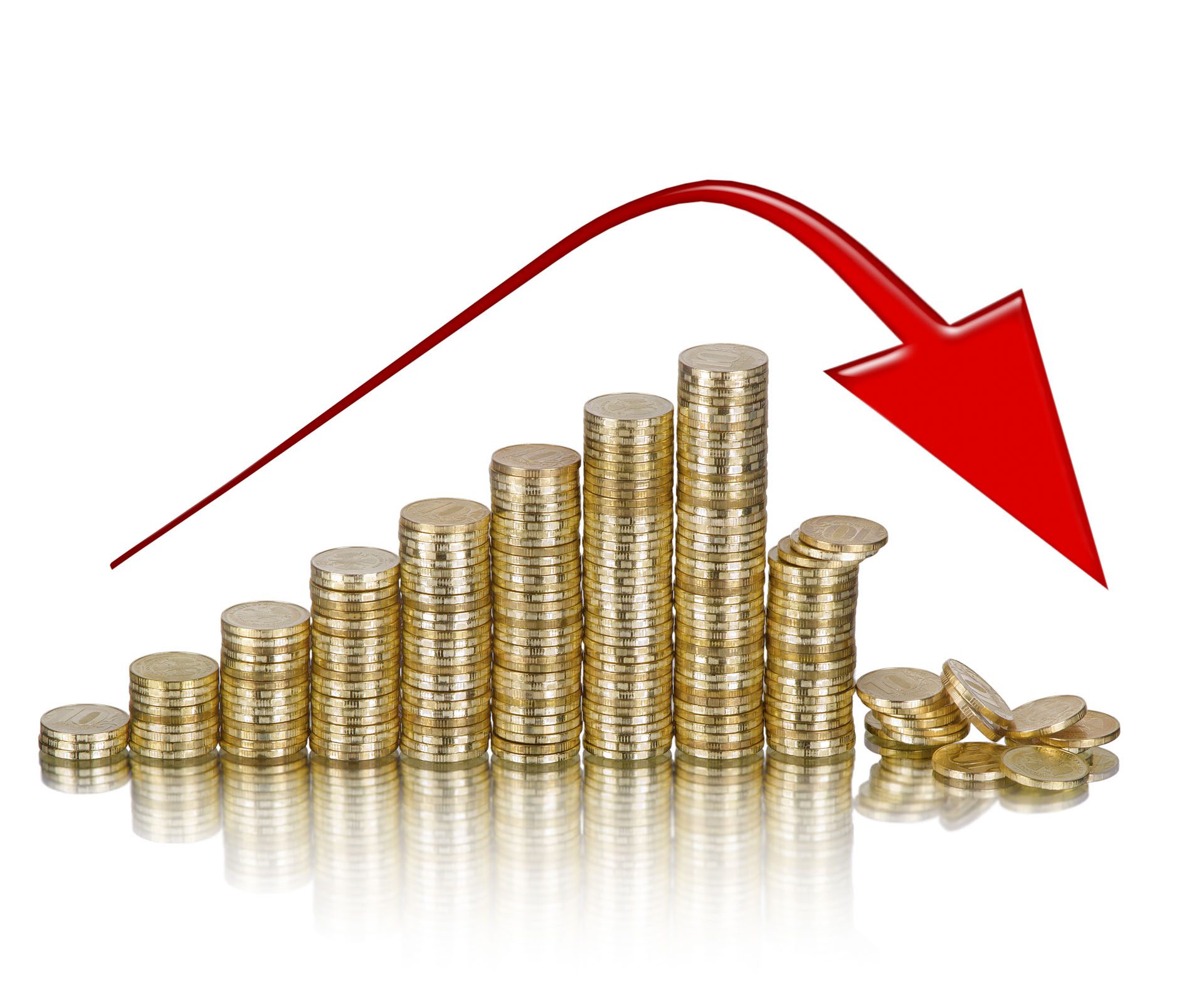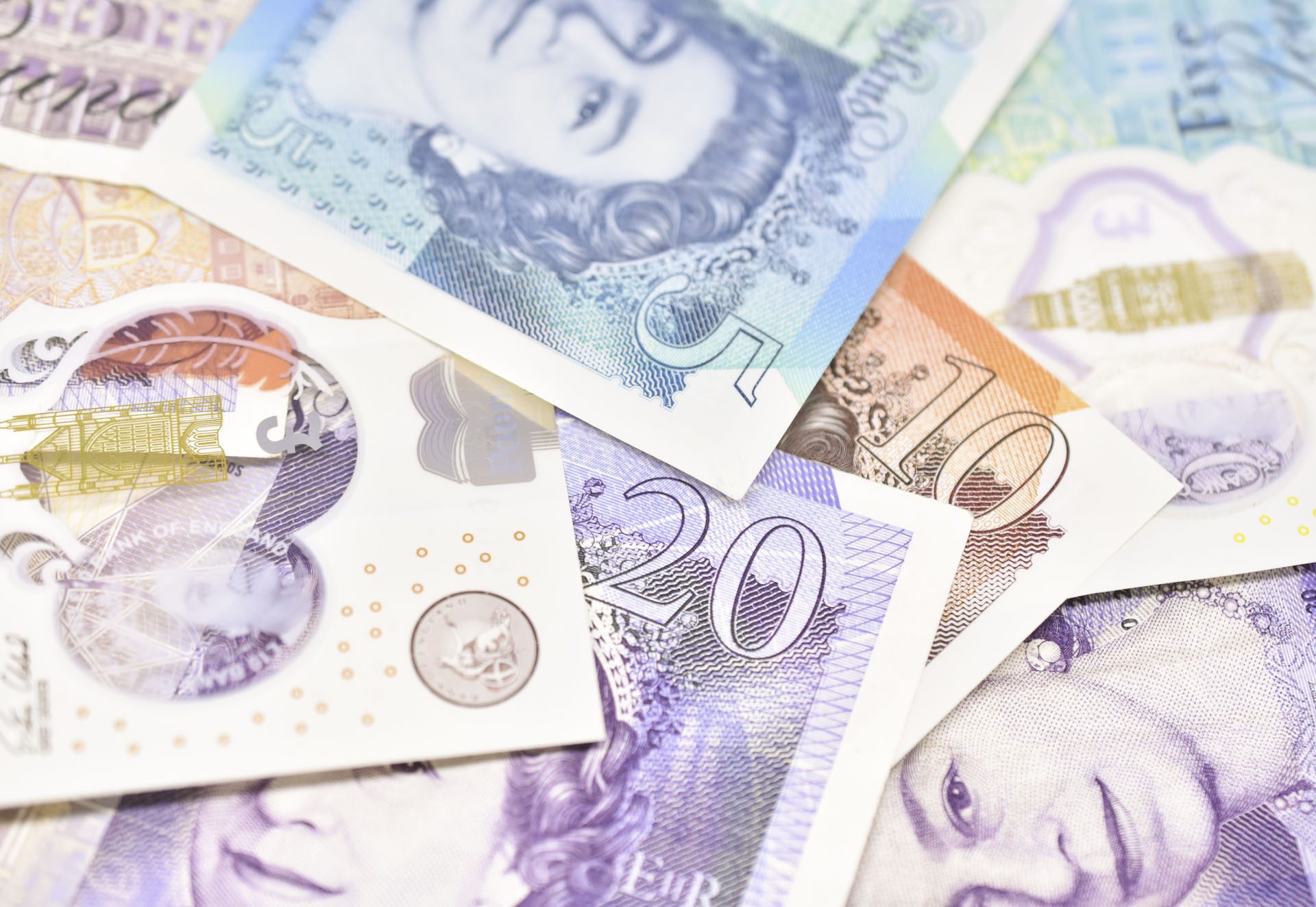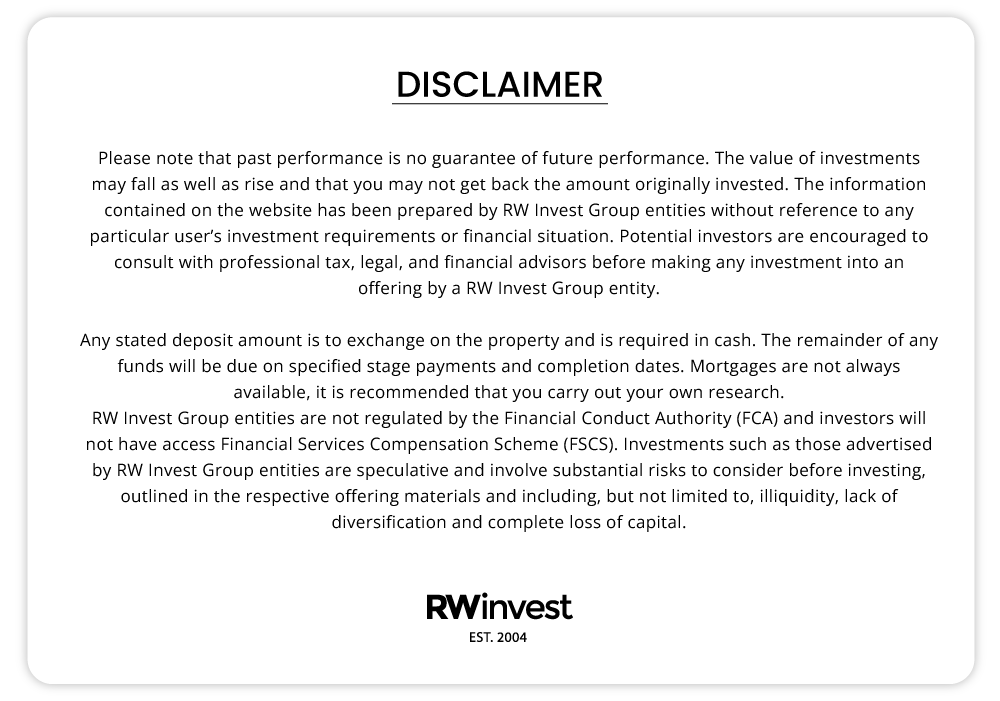The GBP Drops to Lowest Value in Decades
Recent events have seen the Great British Pound begin to fall drastically in the past few months. With Britain facing a lot of uncertainty due to the rising energy bills and political upheaval, many investors are worried about investing in the UK due to the uncertain climate.
These events have caused the GBP to fall in recent weeks, with the pound being at its lowest value in decades due to the uncertainty in Britain right now.
However, for international investors, this presents a great opportunity that should be capitalised on. If the GBP continues to fall, then this means the exchange rate will be in foreign currencies’ favour.
This makes now a perfect time to invest in the UK, as international investors will be able to take advantage of the exchange rates to maximise their investments. Property investment in particular is a good option thanks to the housing market’s relative stability.
In this guide, we will explain what factors are causing the GBP to fall, what it means for the future and why the lower GBP is good news for international investors.


Why is the GBP Falling?
The current exchange rate of the pound at the time of writing is £1 = $1.17USD. This means a single US dollar is worth 86p. This rate has fallen drastically from the start of the year when the GBP was worth $1.35.
There are several factors which are causing the value of the GBP to fall, as inflation rises around the UK.
Russia’s invasion of Ukraine has had a major economic effect on the world, given Russia’s position as a major supplier of oil and gas. 40% of the EU’s gas came from Russia in 2021, and so the sanctions that have been placed on the country have impacted energy prices in the UK.
The sanctions have caused the price of oil and gas to rise drastically, and energy companies are forced to raise energy prices to compensate.
The skyrocketing energy prices have created a cost of living crisis in the UK, as many are forced to save money to cover their heating and electricity. This has caused many to stop spending which is damaging the economy.
Political upheaval is also causing the pound to fall. Liz Truss has replaced Boris Johnson as Prime Minister in a closely-run race, and many are unsure of her economic policies and if they will do enough to help people affected by the cost of living crisis.
The death of Queen Elizabeth II has also had an impact on the pound and the UK economy, as the extra bank holiday will affect many businesses and the national mourning period has caused the Bank of England to push back a decision on raising interest rates as a mark of respect.
Other factors such as the rising number of calls for Scottish independence and the disputes over Northern Ireland’s post-Brexit trading agreements have impacted the pound in recent months.
The government has tried to combat this trend in several ways, such as the Bank of England repeatedly increasing interest rates throughout the year to 1.75% with further increases expected before the end of the year.
Efforts have been made to combat the cost of living crisis as well through capping energy bills to avoid them becoming unaffordable.
All of these factors have caused the GBP to drop to some of the lowest levels seen on record. At one point in early September, it fell to be equal to $1.14USD, the first time this has happened since 1985.


What Does This Mean For The Future?
The falling GBP is set to cause a lot of uncertainty for the UK in the coming months. The nation has seen a period of inflation recently, with the current rate of inflation being over 10%.
With people spending less money and businesses struggling with soaring costs, growth will likely slow in the coming months across many business sectors. The period of inflation we are seeing will cause many households to spend less and save more, meaning industries will struggle.
Liz Truss and her new government will also face an uphill challenge in handling the cost of living crisis and the rising energy bills as best they can, and unpopular policies could lead to more unrest that will further destabilise the pound.
As we head into winter when heating becomes more important, households will be spending even less. The falling pound will cause prices of imported goods such as food to rise, as well as the price of petrol.
The political and economic unrest is set to continue, which will cause the value of the pound to further fall in the foreseeable future.


Why is This Good For Foreign Investors?
For investors outside of the UK, this unrest can at first seem alarming. However, the various factors affecting the economic climate are a perfect storm for the housing market, and one that international investors find themselves in the eye of. They are in the best possible position to make the most of the current climate of uncertainty.
With the pound falling, this means investing in foreign currencies will get you more for your money compared to in the past, as currencies such as the dollar or the euro will be worth more in comparison to the pound.
This means that you can invest for less money compared to before the pound began to fall, thanks to the falling value of the pound making UK investments comparatively cheaper.
This period will not last forever, as the UK’s political and economic instability will calm down over time and smooth over, returning the pound to values similar to the beginning of the year. Therefore international investors need to make the most of this period of financial uncertainty whilst they can.
Unlike other sectors of the UK economy, the housing market is famously stable thanks to housing’s status as a physical asset, which sees value grow over time. The UK has seen house prices rise at some of the fastest levels ever seen in 2022, as supply issues have caused demand to reach the stratosphere.
This means property investment is a good way to invest your money during periods of financial uncertainty, such as during inflation or a recession.
Rental prices have also been rising at a fast rate, making buy-to-let properties a popular investment option. They offer a great mix of a monthly rental income to give investors passive income, as well as capital appreciation increasing the value of properties over time.
Off-plan properties have proven to be a great choice in the present climate, given their lower price point and great rental yields. These can take longer to earn returns on, due to the time it takes to be constructed, so investing now means international investors will save money compared to when the properties go on the market.
Although the cost of living crisis is likely to put a cap on the growth the property market has experienced so far, the housing market is still one of the fastest growing and most stable markets in the UK.
International investors are encouraged to make the most of the falling GBP by investing their money now, so they can maximise the returns they will make on their investment by the time the pound recovers from this unstable period.
If you would like to learn more about the current state of the housing market or begin your journey into investing in UK property, call our industry-best sales team today. With over 17 years of experience in buy-to-let properties, they are sure to find you the best investments possible.




